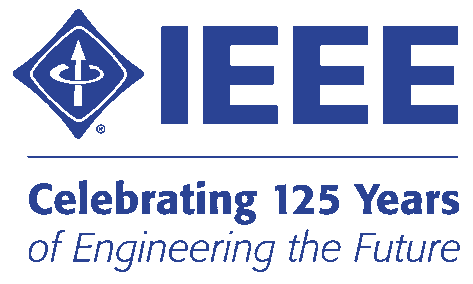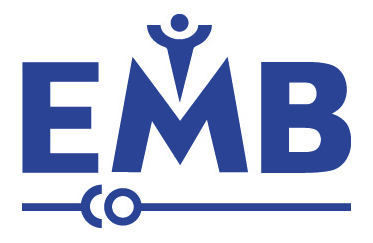| events | executive | news |
The EMBS Chapter of the IEEE Ottawa Section was recognized as the Best Ottawa Chapter in 2008, 2010, 2014, 2019, and 2022 and received the Outstanding Chapter Award from IEEE EMBS in 2011!
The University Laboratory as a Medical Device Incubator - Successes, Caveats and Pitfalls

Professor, Department of Bioengineering, University of Utah
October 19, 2017 9:00 - 10:30
Mackenzie Building Room 4332, Carleton University
Paid parking available on campus
abstract
Biomedical research discoveries are the result of our scientific and engineering work yet these discoveries can only help improve the human condition if they are translated out of our laboratories and into the clinic. In our lab we work with clinicians to understand the unmet needs that exist in the clinic and how we can apply our engineering innovations to solve those unmet needs. In this talk we will focus on three case studies that exemplify the process we use to move ideas from our lab into the clinical arena. Sometimes this translation requires entrepreneurism and commercialization but not always. In one example we'll describe the process that we followed to commercialize an infection control device that is seeing millions of uses every month and has allowed clinics to substantially lower their catheter related infection rates. In another example, we'll see how a novel device that wasn't commercialized has changed post-surgical guidelines for women recovering from pelvic floor surgery. In the final example we will showcase an intraoperative, fiberoptic confocal microscope for use in congenital pediatric heart surgery and our plan for conducting first in man trials in 2018. Through all of these projects we must acknowledge and adhere to the FDA mandates for patient safety, understand the role that intellectual property plays in commercialization and develop strategies for project funding.
biography
Robert Hitchcock is an Associate Professor in the Department of Bioengineering at The University of Utah and Director of the University's bioDesign program. He has over 30 years of experience bringing new products to the marketplace and has been involved as an engineer, manager, consultant and executive with a number of leading medical device companies. Dr Hitchcock joined the Bioengineering Department at the University of Utah in 2006 to expand the Department's initiative in biomedical device design. His lab works with clinicians and scientists to bring innovative solutions from the laboratory into the clinic. The lab's current projects are in the fields of maternal and pelvic health, orthopaedic rehabilitation, intraoperative cardiac imaging and gastroenterology. The projects are always motivated by unmet needs in the clinic and the lab specializes in navigating the regulatory and intellectual property landscape in order to deliver safe and practical devices for clinical use. Dr Hitchcock consults for a number of leading medical device companies and has leveraged his lab's inventions into start-up business opportunities. Since transitioning from industry in 2006 Dr Hitchcock has built a successful laboratory, published numerous peer reviewed papers, started and sold a medical device company and is a named inventor on over 25 patents.
Last updated September 21, 2017


